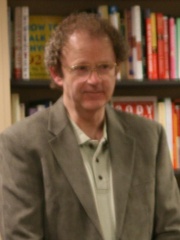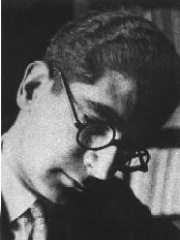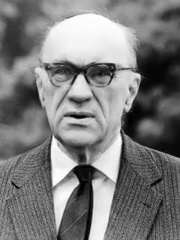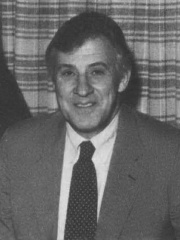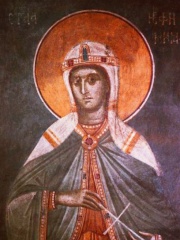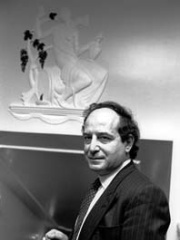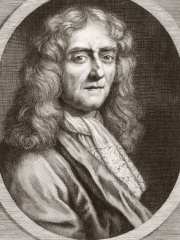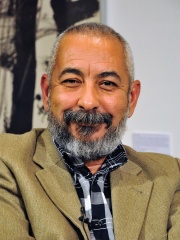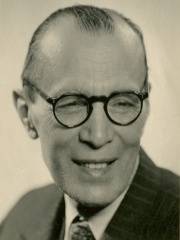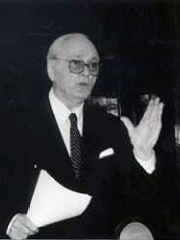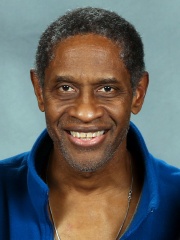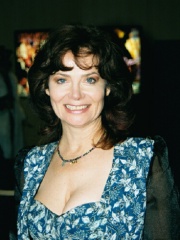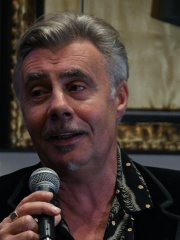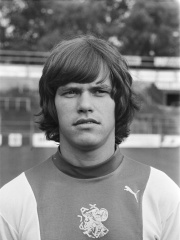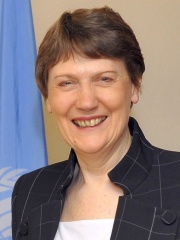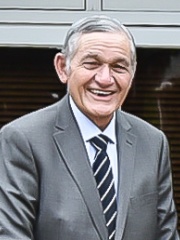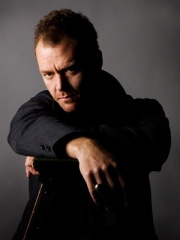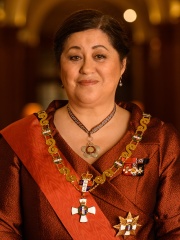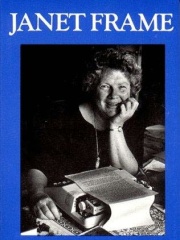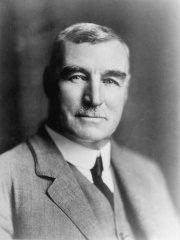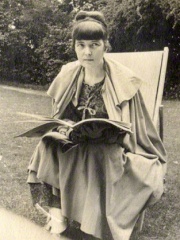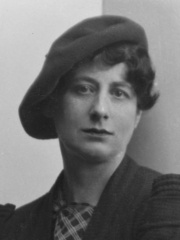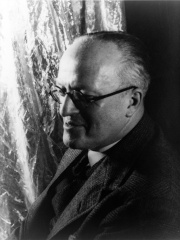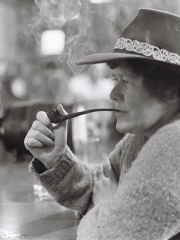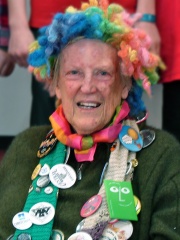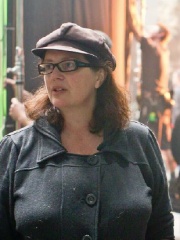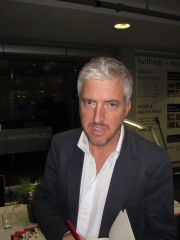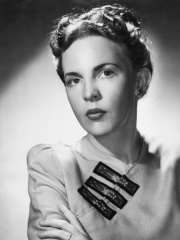Writer
Richard Curtis
1956 - today
EN.WIKIPEDIA PAGE VIEWS (PV)

 Richard Curtis
Richard Curtis
His biography is available in 34 different languages on Wikipedia (up from 32 in 2024). Richard Curtis is the 3,138th most popular writer (up from 3,575th in 2024), the 38th most popular biography from New Zealand (down from 32nd in 2019) and the 2nd most popular New Zealander Writer.
Memorability Metrics
Page views of Richard Curtis by language
Among Writers
Among writers, Richard Curtis ranks 3,138 out of 7,302. Before him are Brian Herbert, Leone Ginzburg, Jarosław Iwaszkiewicz, Robert Ressler, Jefimija, and Johannes Ewald. After him are Roberto Calasso, Jean Desmarets, Leonardo Padura Fuentes, Mohammad-Taqi Bahar, Walter Hasenclever, and Béla Király.
Most Popular Writers in Wikipedia
Go to all RankingsBrian Herbert
1947 - Present
HPI: 60.03
Rank: 3,132
Leone Ginzburg
1909 - 1944
HPI: 60.03
Rank: 3,133
Jarosław Iwaszkiewicz
1894 - 1980
HPI: 60.02
Rank: 3,134
Robert Ressler
1937 - 2013
HPI: 60.02
Rank: 3,135
Jefimija
1349 - 1405
HPI: 60.02
Rank: 3,136
Johannes Ewald
1743 - 1781
HPI: 60.01
Rank: 3,137
Richard Curtis
1956 - Present
HPI: 60.01
Rank: 3,138
Roberto Calasso
1941 - 2021
HPI: 60.01
Rank: 3,139
Jean Desmarets
1595 - 1676
HPI: 60.00
Rank: 3,140
Leonardo Padura Fuentes
1955 - Present
HPI: 60.00
Rank: 3,141
Mohammad-Taqi Bahar
1886 - 1951
HPI: 60.00
Rank: 3,142
Walter Hasenclever
1890 - 1940
HPI: 59.99
Rank: 3,143
Béla Király
1912 - 2009
HPI: 59.99
Rank: 3,144
Contemporaries
Among people born in 1956, Richard Curtis ranks 168. Before him are David Alan Grier, Park Won-soon, Princess Marie-Esméralda of Belgium, Kim Jong-hun, Tim Russ, and Veronica Hart. After him are Artur Mas, Desireé Cousteau, GG Allin, Glen Matlock, Frank Arnesen, and Trần Đại Quang.
Others Born in 1956
Go to all RankingsDavid Alan Grier
ACTOR
1956 - Present
HPI: 60.19
Rank: 162
Park Won-soon
POLITICIAN
1956 - 2020
HPI: 60.17
Rank: 163
Princess Marie-Esméralda of Belgium
POLITICIAN
1956 - Present
HPI: 60.13
Rank: 164
Kim Jong-hun
SOCCER PLAYER
1956 - Present
HPI: 60.13
Rank: 165
Tim Russ
ACTOR
1956 - Present
HPI: 60.05
Rank: 166
Veronica Hart
PORNOGRAPHIC ACTOR
1956 - Present
HPI: 60.05
Rank: 167
Richard Curtis
WRITER
1956 - Present
HPI: 60.01
Rank: 168
Artur Mas
POLITICIAN
1956 - Present
HPI: 59.99
Rank: 169
Desireé Cousteau
ACTOR
1956 - Present
HPI: 59.93
Rank: 170
GG Allin
MUSICIAN
1956 - 1993
HPI: 59.90
Rank: 171
Glen Matlock
MUSICIAN
1956 - Present
HPI: 59.86
Rank: 172
Frank Arnesen
SOCCER PLAYER
1956 - Present
HPI: 59.82
Rank: 173
Trần Đại Quang
POLITICIAN
1956 - 2018
HPI: 59.82
Rank: 174
In New Zealand
Among people born in New Zealand, Richard Curtis ranks 38 out of NaN. Before him are Helen Clark (1950), Tūheitia Paki (1955), Alan Dale (1947), Marton Csokas (1966), Lorde (1996), and Chris Wood (1991). After him are Cindy Kiro (1958), Janet Frame (1924), George Forbes (1869), Harry Kerr (1879), Wynton Rufer (1962), and Andrew Niccol (1964).
Others born in New Zealand
Go to all RankingsHelen Clark
POLITICIAN
1950 - Present
HPI: 61.36
Rank: 32
Tūheitia Paki
POLITICIAN
1955 - 2024
HPI: 61.34
Rank: 33
Alan Dale
ACTOR
1947 - Present
HPI: 61.22
Rank: 34
Marton Csokas
ACTOR
1966 - Present
HPI: 61.17
Rank: 35
Lorde
SINGER
1996 - Present
HPI: 60.72
Rank: 36
Chris Wood
SOCCER PLAYER
1991 - Present
HPI: 60.17
Rank: 37
Richard Curtis
WRITER
1956 - Present
HPI: 60.01
Rank: 38
Cindy Kiro
SOCIAL ACTIVIST
1958 - Present
HPI: 59.90
Rank: 39
Janet Frame
WRITER
1924 - 2004
HPI: 59.71
Rank: 40
George Forbes
POLITICIAN
1869 - 1947
HPI: 59.33
Rank: 41
Harry Kerr
ATHLETE
1879 - 1951
HPI: 59.10
Rank: 42
Wynton Rufer
SOCCER PLAYER
1962 - Present
HPI: 59.04
Rank: 43
Andrew Niccol
FILM DIRECTOR
1964 - Present
HPI: 58.94
Rank: 44
Among Writers In New Zealand
Among writers born in New Zealand, Richard Curtis ranks 2. Before him are Katherine Mansfield (1888). After him are Janet Frame (1924), Ngaio Marsh (1895), Hugh Walpole (1884), Keri Hulme (1947), Margaret Mahy (1936), Philippa Boyens (2000), Anthony McCarten (1961), and Ruth Park (1917).
Katherine Mansfield
1888 - 1923
HPI: 68.56
Rank: 1
Richard Curtis
1956 - Present
HPI: 60.01
Rank: 2
Janet Frame
1924 - 2004
HPI: 59.71
Rank: 3
Ngaio Marsh
1895 - 1982
HPI: 56.85
Rank: 4
Hugh Walpole
1884 - 1941
HPI: 54.67
Rank: 5
Keri Hulme
1947 - 2021
HPI: 54.03
Rank: 6
Margaret Mahy
1936 - 2012
HPI: 53.28
Rank: 7
Philippa Boyens
2000 - Present
HPI: 51.50
Rank: 8
Anthony McCarten
1961 - Present
HPI: 50.52
Rank: 9
Ruth Park
1917 - 2010
HPI: 45.79
Rank: 10
